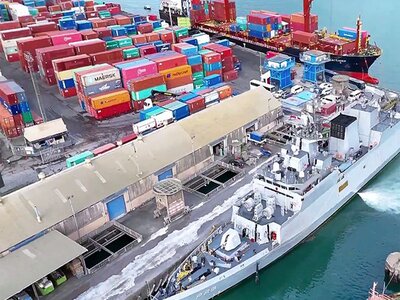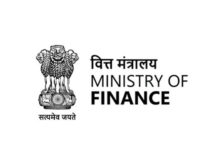New Delhi [India]: The margins of India’s oil marketing companies (OMCs) are unlikely to come under significant pressure despite the United States imposing sanctions on two of Russia’s largest crude oil producers, Rosneft and Lukoil, according to a report by Fitch Ratings.
The rating agency said the sanctions, along with the European Union’s ban on refined imports derived from Russian crude, are not expected to materially affect the refining margins or credit profiles of the Indian OMCs it rates.
It stated “US sanctions on two of Russia’s largest crude oil producers, Rosneft and Lukoil, and the EU’s ban on refined imports derived from Russian crude, are unlikely to have a significant effect on the refining margins or credit profiles of our rated Indian oil marketing companies (OMCs)”.
However, the extent of the impact will ultimately depend on how long the sanctions stay in place and how strictly they are enforced.
Russia has been a key source of crude for India. Russian crude accounted for about 33 per cent of India’s crude oil imports during January-August 2025, and the discounts on these supplies have supported the EBITDA and profitability of Indian OMCs.
Fitch noted that while the companies are expected to comply with the sanctions as per their public statements, some refiners may still process Russian crude sourced from non-sanctioned suppliers.
It also believed sanctions could dampen global demand for products linked to affected Russian crude, leading to wider spreads for refined products. This may help offset pressure on refiners’ profitability as they reduce intake of discounted Russian crude, switch to costlier alternatives, and face volatile shipping and insurance costs.
Refiners that continue to process unsanctioned Russian crude may benefit from even wider discounts on these supplies.
It added that high spare capacity in the global crude market should help limit upward pressure on input costs for OMCs by keeping oil prices in check. It has assumed Brent crude will average USD65 per barrel in 2026, compared with USD70 per barrel in 2025.
The report also highlighted that private refiners with large EU export exposure could face additional risks due to compliance challenges, as verifying crude origins becomes difficult when grades are blended before refining. Such companies may diversify their markets, adjust crude mixes or invest in stronger compliance systems over time.
Indian OMCs reported EBITDA in the first half of FY26 that was broadly in line or slightly above Fitch’s expectations. Lower crude costs and strong gasoil spreads supported gross refining margins of about USD6/bbl-USD7/bbl, compared with USD4.5/bbl-USD7/bbl in FY25.
The Indian government has also approved a Rs 300 billion support package for IOC, HPCL and BPCL in 2QFY26 to compensate for their under-recoveries on subsidised LPG sales. The package will help strengthen their cash buffers. (ANI)

















